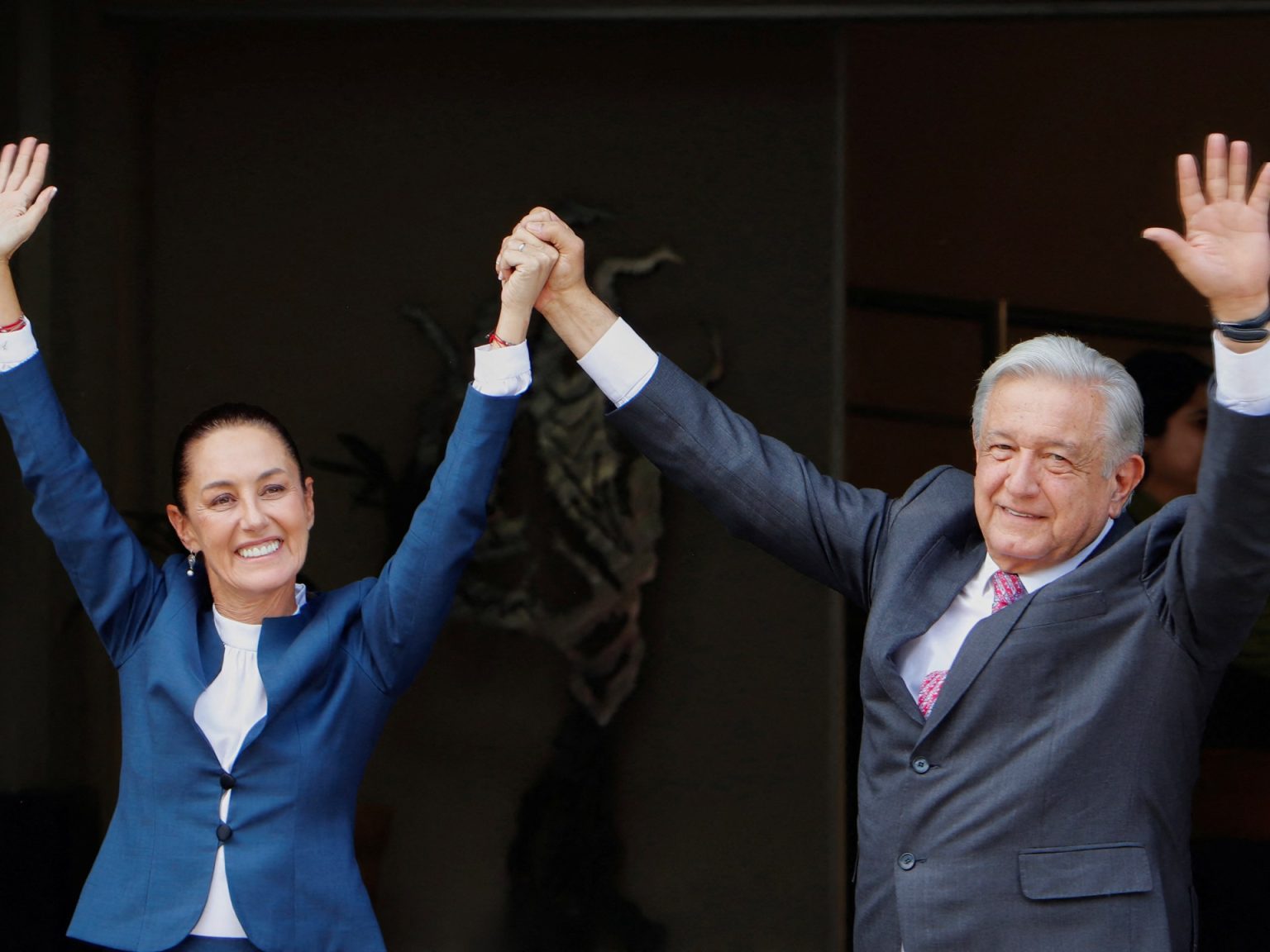Mexico’s president-elect, Claudia Sheinbaum, has promised to move forward with constitutional and judicial reforms, despite concerns that have led to market volatility and a decline in the peso. Sheinbaum, the country’s first female president, has pledged wide consultations with stakeholders in the judiciary as she pushes through these reforms. Among the proposed changes are the replacement of appointed Supreme Court judges with popularly elected officials and potential impacts on lower courts and regulatory agencies. Critics have warned that these reforms could significantly alter the balance of power in Mexico.
Members of the president-elect’s coalition have secured a two-thirds supermajority in the lower house of Congress, which is needed to pass the reforms. While falling just short in the Senate, negotiations could potentially secure additional votes. Sheinbaum will assume office on October 1, with the Congress convening in early September, giving outgoing President Andres Manuel Lopez Obrador a window of opportunity to push through reforms before handing over power. Despite Lopez Obrador’s high approval rating of over 60 percent, he is unable to run for re-election due to Mexico’s term limits.
Sheinbaum has expressed confidence that the judicial overhaul will not have a negative impact on financial markets, despite the peso weakening by nearly 2 percent during her announcement. The Mexican currency has seen an overall 8 percent decline since the June 2 elections, where Sheinbaum and her party emerged victorious. The main stock index has also fallen by nearly 4 percent in the aftermath of the election results. It remains to be seen how the proposed reforms will be received by various stakeholders within the judicial system, as consultation plans include input from bar associations, law professors, and judicial officials.
The reforms proposed by Lopez Obrador in February include a wide range of changes that could potentially eliminate key regulatory agencies and alter the current structure of the judiciary. Sheinbaum’s commitment to moving forward with these reforms signifies her determination to address critical issues within the legal system. By seeking input and consultation with relevant stakeholders, she aims to ensure a level of transparency and inclusivity in the reform process. The challenge of preserving the balance of power in Mexico while implementing necessary changes is a key issue that both supporters and critics will closely monitor in the coming months.
As the political landscape in Mexico evolves with the transition of power from Lopez Obrador to Sheinbaum, the focus on constitutional and judicial reforms will remain a central theme in the national agenda. It is expected that discussions and negotiations within Congress will dominate the legislative agenda, with potential implications for the country’s legal and regulatory framework. With the promise of a wide-ranging reform package and the president-elect’s commitment to consultation, Mexico’s legal system could undergo significant changes in the months ahead. The implementation of these reforms and their impact on various sectors will continue to be closely watched by both domestic and international observers.












